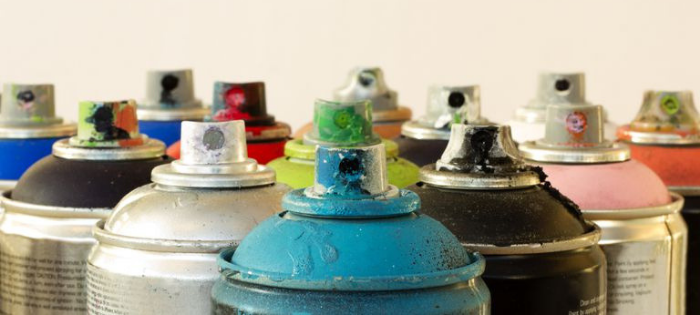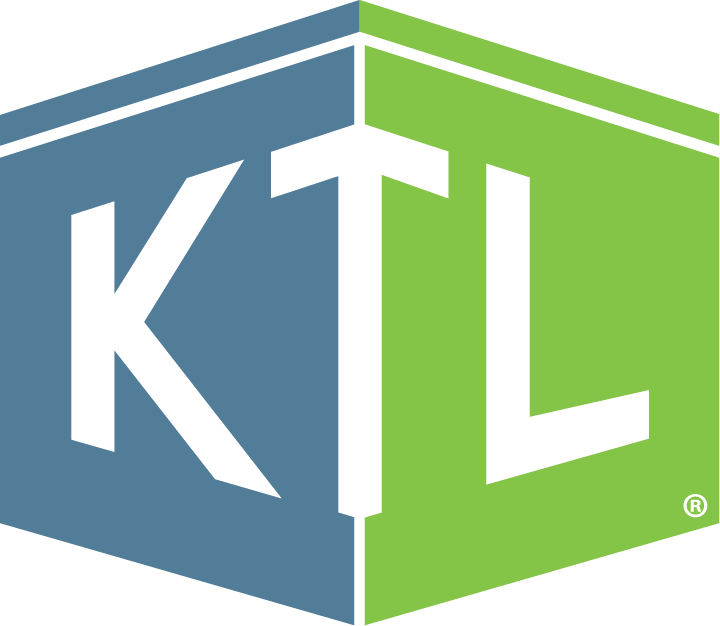
Environment
Comments: No Comments
Aerosol cans have long provided regulatory challenges under the U.S. Environmental Protection Agency (EPA). Some states have defined aerosol cans as universal waste; some states define it as reactive (D003) waste. On December 9, 2019, the EPA published a new rule (effective February 7, 2020) adding hazardous waste aerosol cans to the Universal Waste Program under the federal Resource Conservation and Recovery Act (RCRA) regulations.
This change provides a clear, protective system for managing discarded aerosol cans. The streamlined universal waste regulations are expected to ease regulatory burdens on retail stores and others that discard hazardous waste aerosol cans; promote the collection and recycling of these cans; and encourage the development of municipal and commercial programs to reduce the quantity of these wastes going to municipal solid waste landfills or combustors.
Current Review of Universal Waste
The designation of universal waste holds several advantages for generators. Universal waste doesn’t “count” against generator status. It does not have to be manifested and generally requires specific labeling language.
Under EPA’s definition, the following are the current universal waste streams:
- Batteries (Li, Ni-Cd, Ag, Hg)
- Mercury-containing equipment (MCE)
- Electric lamps
- Cathode ray tubes (in electronics)
- Pesticides (recalled or farmer-generated)
Adding Aerosol Cans
Adding aerosol cans to the EPA’s Universal Waste Program now provides the option for generators to manage the waste as hazardous or universal. The program addresses emissions with more stringent language and allows generators to set up separate management.
More specifically, the following outlines some basic details of the program for effectively managing aerosol cans as universal waste:
- If the aerosol can is empty (i.e., at ambient pressure, there is no more liquid inside), it is considered an empty container. It can be recycled as metal or thrown away as solid waste (except for Nebraska, where it is D003).
- Full and partial aerosols can be recycled.
- Depending on the vendor, segregation may not be required.
- If the aerosol can is punctured, contents must be captured, and a hazardous waste determination must be performed.
- If the waste from the aerosol can is hazardous, the contents count toward generator accumulation.
- The only benefit to generators occurs if they ship unpunctured cans for recycling.
- If a household hazardous waste (HHW) facility accepts business aerosols and punctures them, the HHW facility becomes a generator.
- All emissions must be captured and managed properly; filters may be hazardous.
Regulatory Review
The new program for managing aerosol cans requires a safety program, education, and written documentation. KTL has the experience and expertise to help you evaluate your waste and to properly manage universal waste. Although not as complex as the requirements for proper hazardous waste management, universal waste has nuances that a generator must be aware of to properly meet the regulatory requirements. KTL can help determine how this new regulation applies and if it can help you minimize your regulatory burden, save some money, and manage your waste more efficiently.
